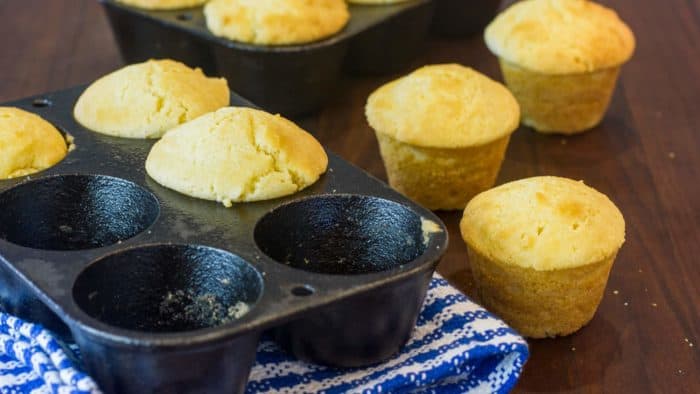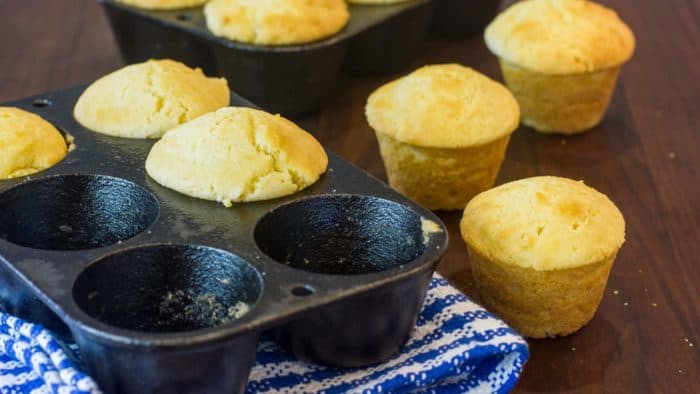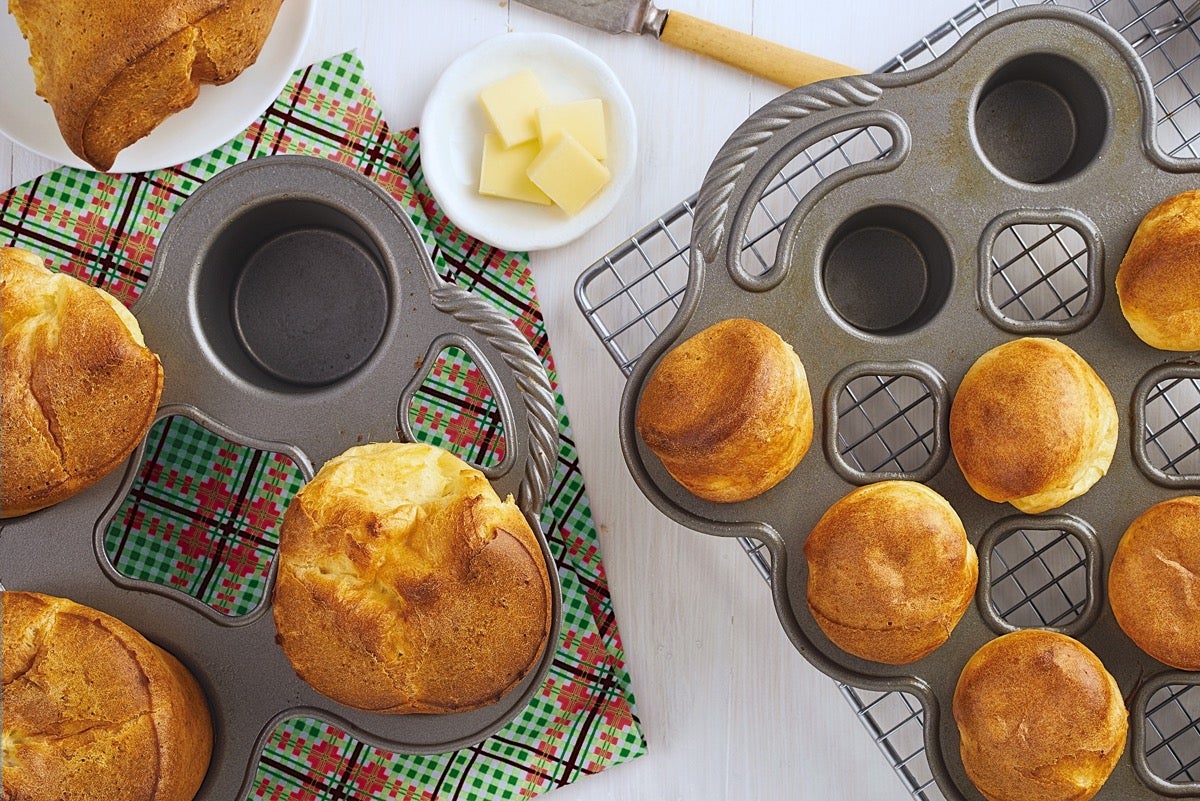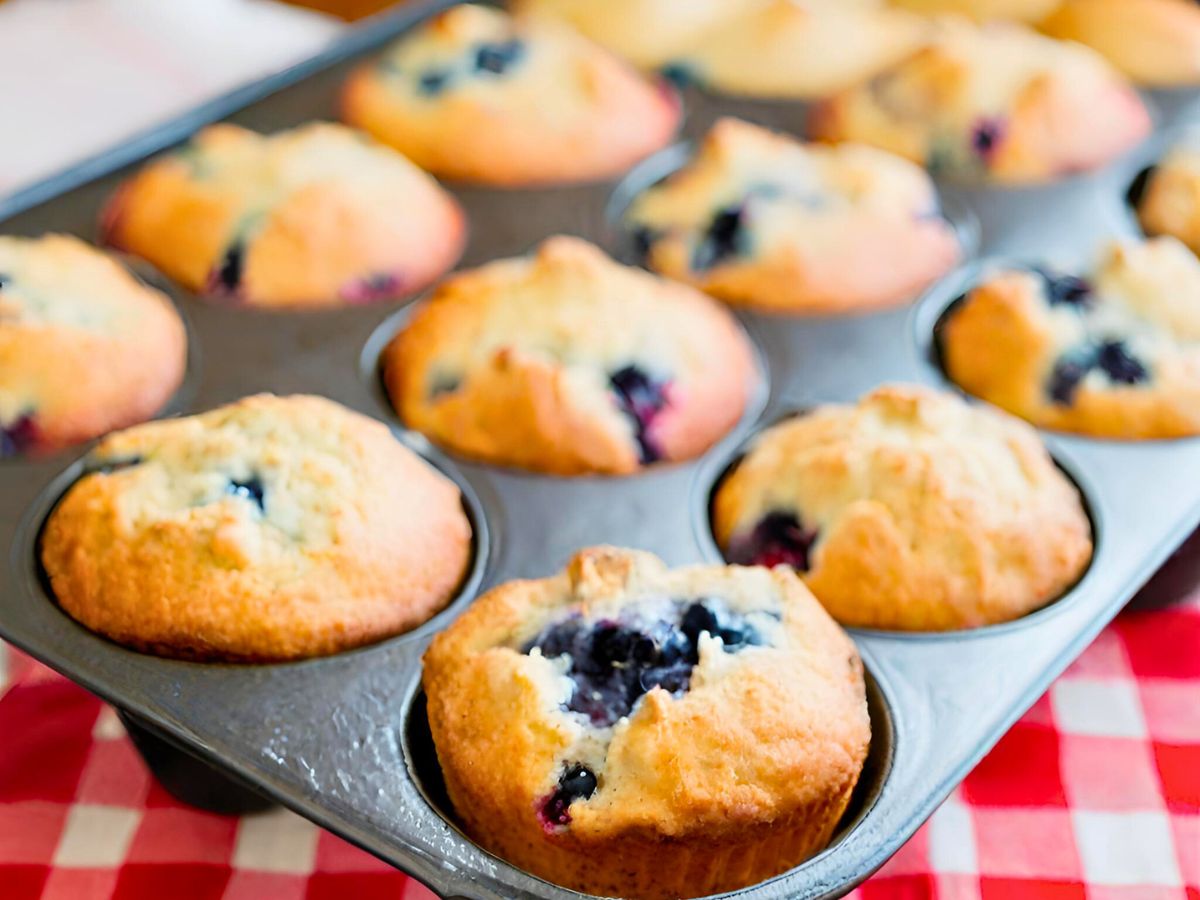For kitchen professionals and culinary enthusiasts, understanding the tools of the trade is paramount. One question that often arises is, 'Do cast iron muffin pans leach iron?' The answer to this question not only affects the taste and quality of your culinary creations but also has implications for health and nutrition.

Understanding Cast Iron Cookware
Cast iron has been a staple in kitchens for centuries, revered for its durability and heat retention. Whether used for skillets, Dutch ovens, or muffin pans, cast iron is known for imparting a unique flavor profile that many chefs treasure. But alongside its culinary benefits, cast iron also poses the question of iron leaching.
What is Iron Leaching?
Iron leaching refers to the process where iron from the cookware is transferred to the food being cooked. This transfer can be beneficial in small amounts, as iron is an essential nutrient. However, too much iron can lead to health issues, which is why understanding the dynamics of leaching is crucial.
Factors Influencing Iron Leaching
Several factors determine how much iron is leached from cast iron cookware. The acidity of the food, the cooking time, and the condition of the cookware all play significant roles. For instance, cooking acidic foods like tomatoes in cast iron can increase leaching. Similarly, longer cooking times can result in more iron absorption. Additionally, the more seasoned the pan, the less iron it tends to leach.
Seasoning and Its Role
Seasoning is the process of applying a layer of oil to cast iron cookware and heating it to create a protective coating. This not only helps in creating a non-stick surface but also acts as a barrier to minimize iron leaching. For more insights on how to season your cast iron muffin pan effectively, visit this guide.
Health Implications of Iron Leaching
While iron is a crucial part of our diet, excessive intake can be harmful. For most people, the amount of iron leached from cookware is not a concern and can even be beneficial, especially for those with iron deficiency. However, individuals with conditions like hemochromatosis, where the body absorbs too much iron, should be cautious.
Dietary Considerations
For kitchen professionals planning menus, understanding the dietary needs of clients is essential. Incorporating cast iron cookware can be a strategic choice for those looking to increase their iron intake naturally. On the other hand, if reducing iron is the goal, choosing alternative materials for certain dishes might be wise.
Practical Tips for Using Cast Iron Muffin Pans
To maximize the benefits of cast iron muffin pans while minimizing potential downsides, consider the following tips:
- Regularly season your pans to maintain their non-stick properties and reduce leaching.
- Avoid cooking highly acidic foods in cast iron if you're concerned about excessive iron intake.
- Be mindful of cooking times; shorter durations can reduce iron transfer.
For additional strategies on managing allergies and cast iron cooking, explore this resource.
Exploring Culinary Creativity with Cast Iron Muffin Pans
Beyond traditional muffins, these pans offer versatility that can inspire culinary creativity. From savory egg bites to mini meatloaves, the possibilities are endless. For innovative recipes and ideas, check out this collection of muffin tin recipes.
Conclusion
In conclusion, cast iron muffin pans do leach iron, but this can be both a benefit and a drawback depending on the situation. For kitchen professionals, understanding the nuances of iron leaching and implementing best practices can enhance both the nutritional value and taste of dishes. By leveraging the unique properties of cast iron, chefs can create delicious and health-conscious meals that delight their clients.

FAQs
How often should I season my cast iron muffin pan?
Seasoning frequency depends on use. Typically, you should season your pan every few months or after cooking acidic foods. Refer to our seasoning guide for detailed instructions.
Can iron leaching affect the taste of food?
Yes, iron leaching can impart a metallic taste to food, especially with long cooking times or highly acidic ingredients. Proper seasoning can mitigate this effect.
Are there any health risks associated with using cast iron cookware?
For most individuals, the iron leached from cast iron is beneficial. However, those with iron overload conditions should limit their use of cast iron cookware.
This article contains affiliate links. We may earn a commission at no extra cost to you.






Leave a comment
This site is protected by hCaptcha and the hCaptcha Privacy Policy and Terms of Service apply.